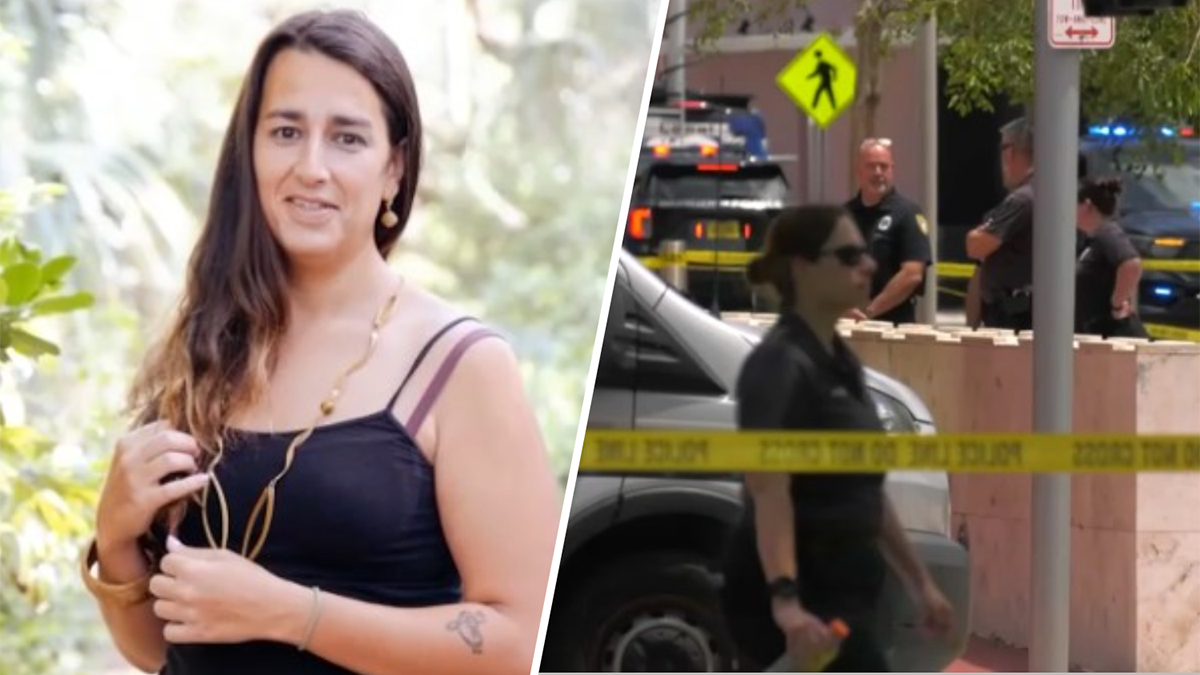Late night partiers on a stretch of South Beach have 10 days to keep the alcohol flowing up to 5 a.m. at nightclubs.
On May 22, last call is moving up by three hours -- at least for now.
Bar owners are planning to sue to stop the changes, and voters in November could vote to restore the 5 a.m. cut-off, effective Dec. 8.
But, with recent scenes of unruly crowds, shootings and homicides fresh in their minds, four of the seven Miami Beach city commissioners Wednesday said enough was enough.
Get South Florida local news, weather forecasts and entertainment stories to your inbox. Sign up for NBC South Florida newsletters.
"At some point, it has become obvious to all of us that an entertainment-only district has given us something we just can’t control," Mayor Dan Gelber said of the affected area on Ocean Drive and Collins Avenue between 5th and 16th streets.
Even those who wanted alcohol to continue flowing until 5 a.m. , like some owners of the about 50 businesses affected, saw there were problems in the area. They just differed on the cause.
In recent years "it went haywire," said David Wallack, owner of Mango's Tropical Cafe. 'People are drinking with open containers, unregulated, unmolested by the police. There is no enforcement all over the street."
Local
But he and other bar owners opposed the new 2 a.m. cut-off.
"Going into prohibition is not the answer," Wallack told commissioners. "Regulate. You have the power to regulate, but don't just annihilate."
But by a 4-3 vote, the commission decided alcohol has to be consumed by 2 a.m. at the entertainment district clubs, effective May 22.
Commissioner Mickey Steinberg, the key swing vote on the issue, secured a pledge from Gelber and others that they would vote to include a referendum on the matter for the November 2021 election.
If voters reverse their decision, the 5 a.m. cutoff would be restored on December 8.
Steinberg said she hoped the next six months or so would give the city data to judge whether the earlier last-call ordinance would make a dent in crime.
But lawyers for the clubs signaled the city can expect a lawsuit seeking to block the change.
"To date there has been no hard evidence that to move from 5 in the morning to 2 in the morning will reduce crime," said Alexander Tachmes, attorney for the Clevelander.
Another club attorney, Kendall Coffey, said the amendment was essentially a zoning change, which would require five of the seven commissioners to approve.
The three opposing commissioners were Ricky Arriola, David Richardson and Michael Gongora.
Richardson argued the pandemic proved closing clubs earlier --as they were during curfews and other restrictive periods -- did not help curb crime.
"We’ve had a pilot for the last year because the bars were closed and yet we’ve had more public safety concerns than we've had in the past," Richardson said.



